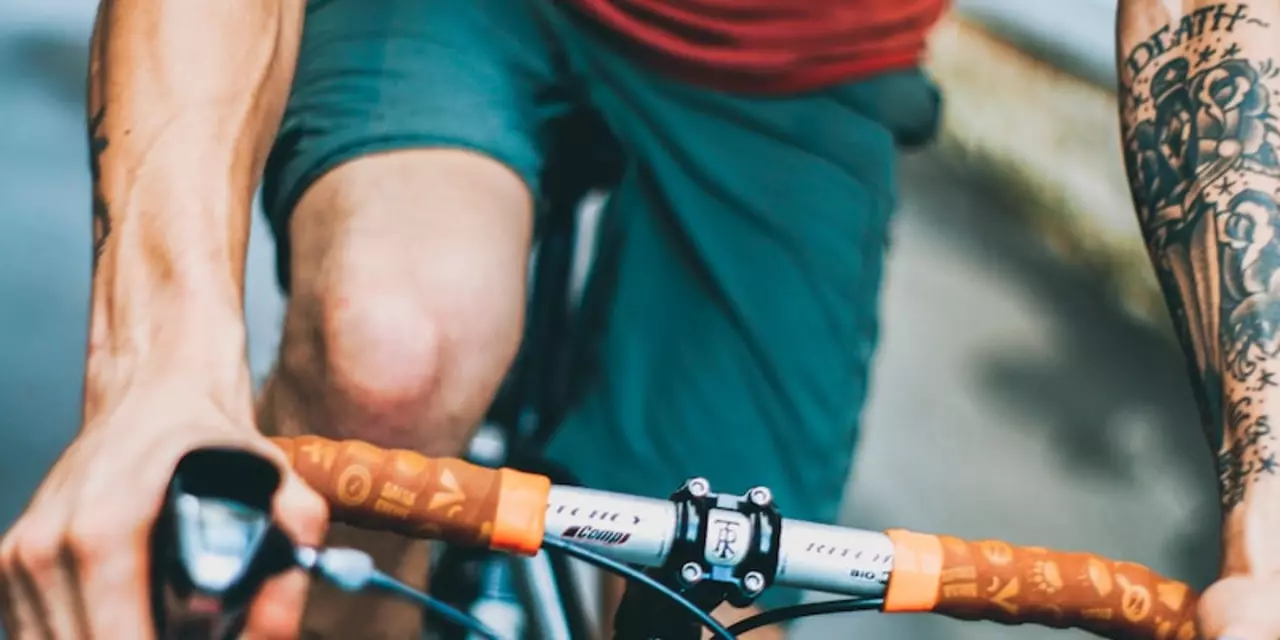Professional Cycling – What It Really Means to Ride Like a Pro
When you hear the word "professional" in cycling, you picture athletes ripping down famous climbs, sweating in aero kits, and chasing victories worth millions. But behind the headlines there’s a daily grind of training, nutrition, and tech that most riders never see. Let’s break down the stuff that matters most if you want to understand the pro scene.
Training and Performance
Pro cyclists log thousands of kilometres each week, but they don’t just ride flat roads. They mix long steady rides with high‑intensity intervals, hill repeats, and sprint drills. A typical week might include two days of back‑to‑back 4‑hour rides, one day of 2‑hour interval blocks, and a recovery ride that stays below 90 rpm.
Nutrition follows the same pattern. Riders keep carbs close, sip electrolytes during long efforts, and time protein after hard sessions to aid recovery. You’ll see a lot of bananas, rice, and lean meat on the team bus, plus a few occasional treats to keep morale up.
Equipment matters too. Pro teams spend big bucks on carbon frames, deep‑section wheels, and wind‑tunnel tested helmets. The goal is to shave off seconds on every kilometre. Even a tiny change in tire pressure can feel like a wind‑kiss on a sprint.
Doping and Clean Sport
Doping has haunted professional cycling for decades. From blood transfusions to fancy lab‑crafted steroids, the sport has seen every trick under the sun. Today, the UCI runs thousands of tests each season, using blood passports and athlete biological markers to catch cheats early.
Modern anti‑doping labs can spot micro‑doses that were impossible to detect a decade ago. Riders caught with banned substances face bans of two to four years, plus reputation loss. The message is clear: a clean rider can stay in the sport longer and earn trust from fans and sponsors.
Fans play a role, too. When you support a rider who’s transparent about testing and training, you help push the whole sport toward fairness. Communities that celebrate clean victories make it harder for cheat‑culture to survive.
So whether you’re a weekend hobbyist or a budding amateur, the pro world offers lessons you can use right now. Mix long rides with short bursts, fuel smart, and stay honest with your body. The same principles that get a rider onto the podium can help you enjoy safer, faster rides on your local roads.
Next time you watch a race, look beyond the flash of neon kits. Notice the rhythm of the peloton, the way riders stack up on climbs, and the calm after a sprint. Those details reveal the real heart of professional cycling – hard work, smart choices, and a commitment to clean competition.
Professional cycling teams are facing a difficult period due to the lack of sponsors. The global economic crisis, the cost of organizing a cycling team, and the lack of visibility of the sport all contribute to this issue. Additionally, cycling teams often don't have enough resources to strengthen their brand and attract sponsors. Finally, the current doping scandals have further damaged the reputation of the sport, making it difficult for teams to secure sponsorships. In conclusion, professional cycling teams are facing a challenging time due to the lack of sponsors.
Continue reading...
